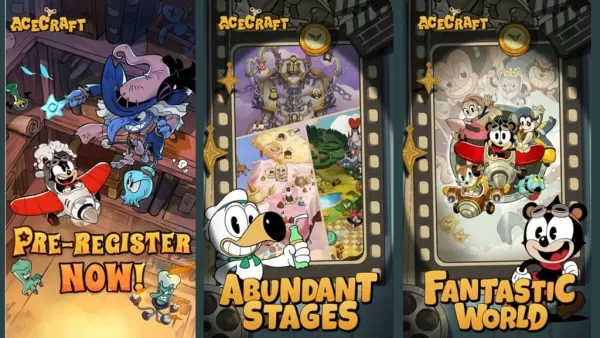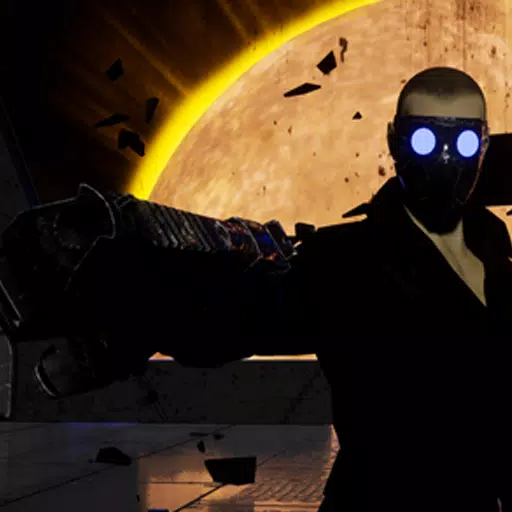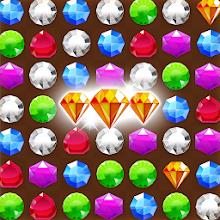The Witcher 4: An Epic Expansion in the Witcher Saga
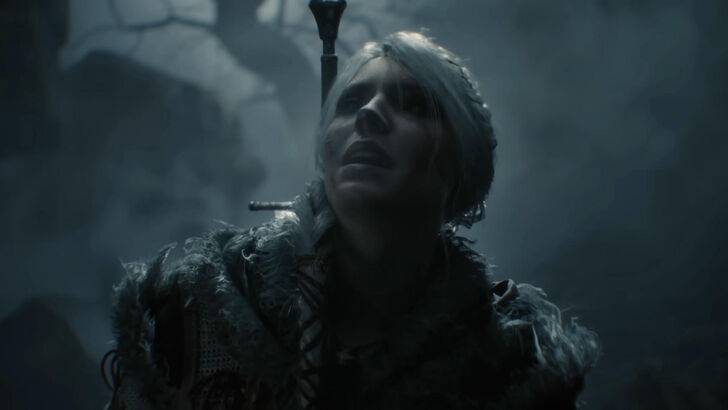 CD Projekt Red (CDPR) has announced that The Witcher 4 will be the most ambitious and immersive entry in the acclaimed series to date. Executive producer Małgorzata Mitręga confirmed that Ciri, Geralt's adopted daughter, will take center stage as the next Witcher, a destiny hinted at from the franchise's inception. This article delves into Ciri's evolution and Geralt's well-deserved retirement.
CD Projekt Red (CDPR) has announced that The Witcher 4 will be the most ambitious and immersive entry in the acclaimed series to date. Executive producer Małgorzata Mitręga confirmed that Ciri, Geralt's adopted daughter, will take center stage as the next Witcher, a destiny hinted at from the franchise's inception. This article delves into Ciri's evolution and Geralt's well-deserved retirement.
A New Witcher Emerges
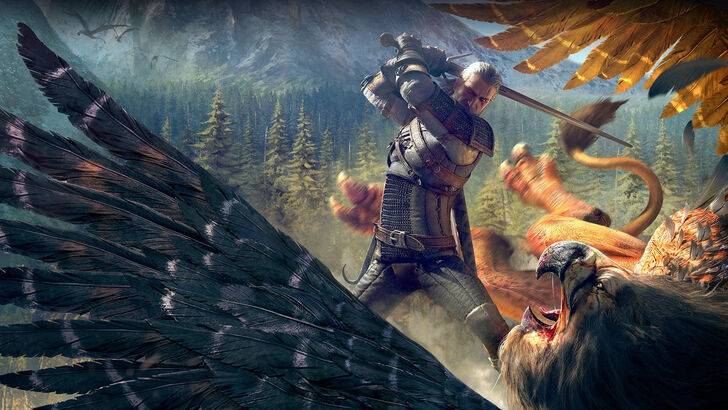 CDPR aims to surpass previous achievements with The Witcher 4, creating an unparalleled open-world experience. Director Sebastian Kalemba emphasized the team's commitment to learning from past successes with Cyberpunk 2077 and The Witcher 3: Wild Hunt, applying those lessons to this new chapter.
CDPR aims to surpass previous achievements with The Witcher 4, creating an unparalleled open-world experience. Director Sebastian Kalemba emphasized the team's commitment to learning from past successes with Cyberpunk 2077 and The Witcher 3: Wild Hunt, applying those lessons to this new chapter.
The Game Awards trailer showcased Ciri's ascension to the Witcher mantle, a narrative direction story director Tomasz Marchewka revealed was planned from the outset. He highlighted Ciri's complexity as a character, promising a rich and compelling storyline.
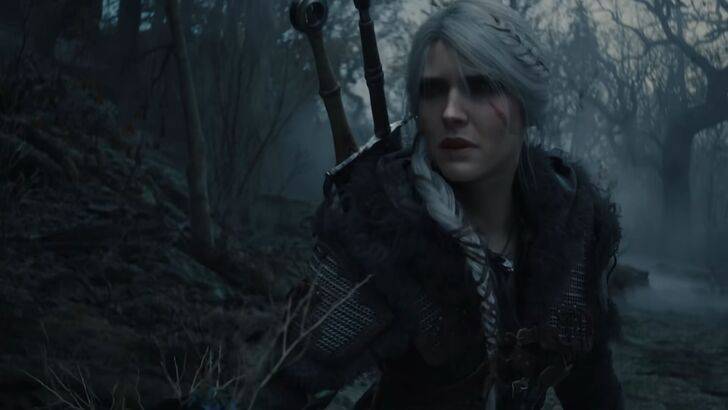 While fans adore Ciri's overpowered abilities in The Witcher 3, Mitręga hints at a shift in her skillset for The Witcher 4. She acknowledges a significant event between games that has altered Ciri's abilities, promising a clear in-game explanation without revealing specifics. Despite this, Ciri will retain the essence of Geralt's training, maintaining her agility and speed.
While fans adore Ciri's overpowered abilities in The Witcher 3, Mitręga hints at a shift in her skillset for The Witcher 4. She acknowledges a significant event between games that has altered Ciri's abilities, promising a clear in-game explanation without revealing specifics. Despite this, Ciri will retain the essence of Geralt's training, maintaining her agility and speed.
Geralt's Well-Earned Rest
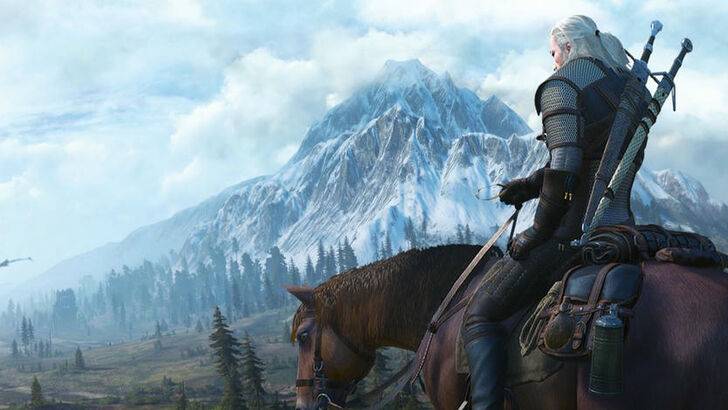 With Ciri's rise, Geralt's era as the main protagonist concludes. The author Andrzej Sapkowski's latest novel, Rozdroże kruków, confirms Geralt's birth year as 1211, placing him in his seventies or nearing eighty by the time of The Witcher 4. This revelation surprised some fans who previously estimated his age to be much higher. While Witcher lore suggests a lifespan of up to a hundred years, Geralt's advanced age underscores the passage of time and the natural progression of the story.
With Ciri's rise, Geralt's era as the main protagonist concludes. The author Andrzej Sapkowski's latest novel, Rozdroże kruków, confirms Geralt's birth year as 1211, placing him in his seventies or nearing eighty by the time of The Witcher 4. This revelation surprised some fans who previously estimated his age to be much higher. While Witcher lore suggests a lifespan of up to a hundred years, Geralt's advanced age underscores the passage of time and the natural progression of the story.
-
It looks like arcade-style aerial combat games are staging a comeback. Skystone Games has kicked off pre-registrations for ACECRAFT: Skyhero, a vertical-scrolling bullet-hell shooter. What makes it stand out is its two-player cooperative mode, designAuthor : Evelyn Nov 28,2025
-
Welcome to today's curated selection of top deals, featuring both impulse buys under $30 and premium products for serious shoppers. Discover discounted tech, gaming gear, and everyday essentials that offer exceptional value.Deals Under $30Sonic X ShaAuthor : Connor Nov 28,2025
- WWE Superstars Join Call of Duty Warzone: Mobile Roster
- Monster Hunter Now Adds New Monsters for 2025 Spring Fest
- Midnight Girl is a minimalist point-and-click adventure set in Paris in the 60s, now open for pre-orders on mobile
- "Grand Outlaws Unleashes Chaos and Crime on Android Soft Launch"
- Mobile Legends: Bang Bang – Best Lukas Build
- "Fallout Season 2 Premieres in December 2025, Season 3 Confirmed"

